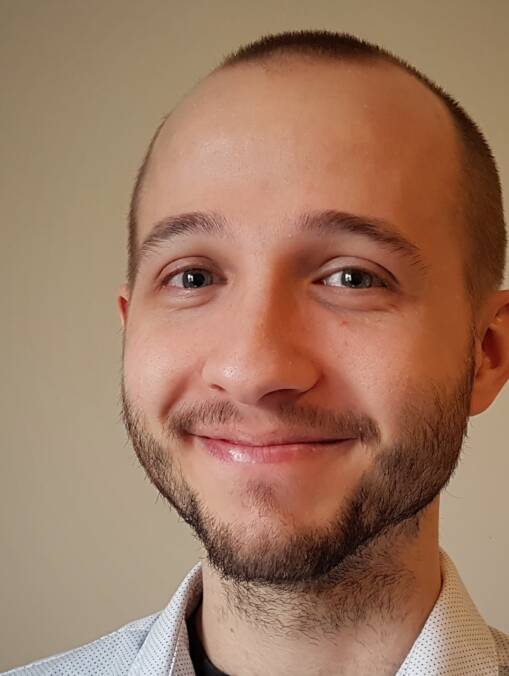Student Portraits
June 9, 2021
IVADO Student Portraits – Sébastien Lachapelle
Our “IVADO Student Portraits” initiative consists of meeting students from our community to share their backgrounds, motivations and ambitions! We interviewed Sébastien Lachapelle, IVADO PhD scholarship student at the Université de Montréal.


- Tell us about yourself in a few words.
My name is Sébastien Lachapelle and I’m a PhD candidate in computing, artificial intelligence profile, at Université de Montréal. The project is affiliated with Mila and my supervisors are Simon Lacoste-Julien and Emma Frejinger.
- Tell us about your academic journey.
At Cégep I did a double DEC in natural sciences and music. My bachelor’s degree is from Université de Montréal in mathematics and economics. I earned my master’s in computing, a one-year program, at Université de Montréal). I’ve been working toward my PhD for nearly three years.
- What motivated you to choose digital intelligence?
I’ve always had a passion for science in general. Digital intelligence is a field with potential implications for a broad range of problems in transportation as well as medicine and the social sciences. So it’s a real playground for someone with a hunger for learning and innovation. Plus, understanding and being able to replicate intelligence is a huge challenge and there’s still a lot of research to be done.
- What are you working on for your research project?
My PhD project is at the intersection of two fields: deep learning and causality. For the first part of my PhD I used tools from deep learning to tackle the problem of causal structure learning. In the second part, I’m doing the opposite: I’m using ideas from the literature on causality to improve and formalize unsupervised representation learning.
- Any particular qualities that are serving you well for this project?
First, being passionate. To me, this is the cure for the many ills that can hamper a researcher. If a project isn’t progressing at the pace I would have liked, or I’m up against difficulties, curiosity and the pleasure of learning allow me to keep moving forward.
- What are your ambitions for the future?
To continue in fundamental research, either in an industry or academic setting.
- Any resources to share?
“Chaos: Making a New Science” by James Gleick is an excellent historical introduction to the various players involved in the discovery and formalizing of chaos theory. It’s absolutely fascinating to explore the various steps that led to a new paradigm. Also, chaos theory was the outcome of a collective effort across time and space, not unlike what we’re seeing today with deep learning.
- What’s your relationship to technology / to digital intelligence?
It’s fairly limited! I try to control the amount of information I consume on a daily basis to preserve my concentration skills. This is an important ability both for producing quality research and for sustaining relationships with family and friends.